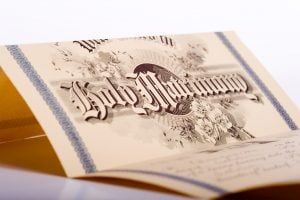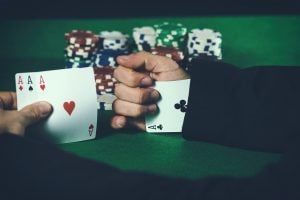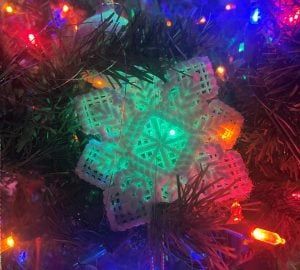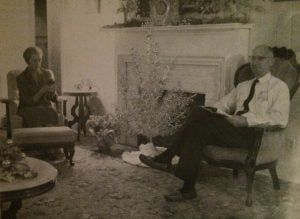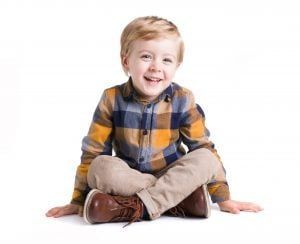The Egg Cup
Anderson, my ridiculously cute three year old grandson, stood before me, clutching a small, stuffed pink flamingo in his tiny hands. With his wonderfully clear and somewhat pleading blue eyes, he looked up at me and asked, “Can I, Mona? Can I take him home?” He had asked for a “friend” from his daddy’s old room, a friend to take home—friend being the code word for anything stuffed and cuddly. In order to show me which friend he meant, he had escorted me to the room, climbed upon the bed, and retrieved the floppy flamingo. Behind him stood his father, shaking his head no, and before me stood Anderson, waiting expectantly.
I was about Anderson’s age when I first saw it, a tiny vase with pink roses on it, sitting on a table at my grandparents’ house. Long before the days of plastic flowers and most certainly before silk ones, someone had carefully dried miniature roses and baby’s breath, replaced their stems with wires, sprayed the whole assembly a light mauve, and arranged them in the vase. I didn’t know the vase wasn’t a vase. I’d never heard of an egg cup. I only knew that it was fascinating—a me-sized something in a grown-up world. From that day forward, anytime we traveled to their home in Bolivar, I would stand beside the table, gazing at the egg cup, wanting to hold it but knowing it was fragile and required a great deal of care in the handling. After all, I’d been told that enough times by my mother. Soon my grandmother would take it from the table and together we would examine the tiny blossoms, nestled so precisely in this tiny cup. And with every visit, I would stand before her, gently clutching the egg cup, asking if I could take it home with me. Each time she would say, “Not just yet, but soon,” knowing that I wasn’t quite ready, not quite old enough to truly appreciate the delicate beauty and to care for it accordingly.
But the day came when she said yes, and with my treasure carefully cradled in my tiny hands, I climbed into the car for the trip back home. In a few short months, she would be dead. My grandfather would leave Sunday school that morning and return home, some unseen force compelling him to check on her before the beginning of the worship service. He would find that Death had beaten him by mere minutes and claimed as his own the very one who made my grandfather’s life complete. Even though I was only five, I can still remember the funeral, the sadness etched across his face, the failure to understand why she was never there again when we went to visit.
I knelt before Anderson, wrapped him in my arms and said yes. Yes, you may take your friend home. I’m sure my son had no idea how much this child’s question had propelled me into the past, or how much it meant that there was something in my house that he wanted to call his own. I still have the egg cup. The flowers were broken long ago, the result of a grandmother’s generosity and a child’s curiosity—but I can still see them, still see myself standing before her as we examined them together. It is my tangible connection to her, my reminder of her gentleness and her joy in my presence. It was the last gift I would ever receive from her, given at a child’s insistence through a grandmother’s love, symbolizing a bond which, though brief in its tenure, transcends even death.
The post The Egg Cup appeared first on Shackelford Funeral Directors | Blog.

